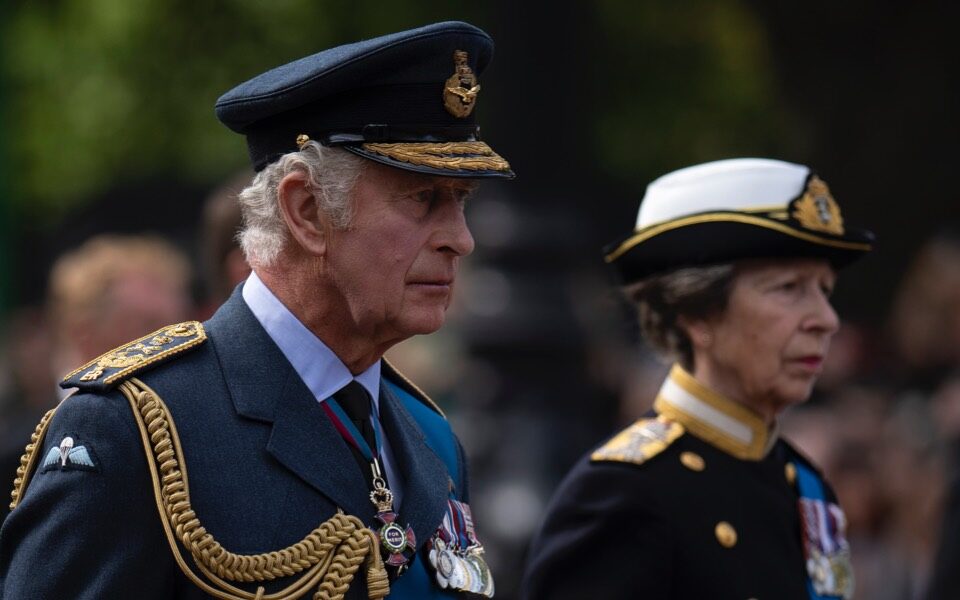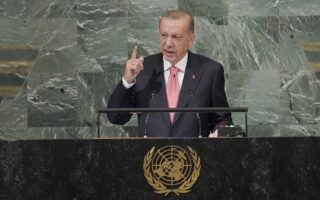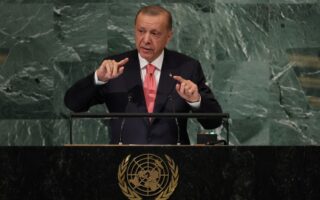King Charles III and Greece

“The Queen is dead, long live the King.” The United Kingdom of Great Britain and Northern Ireland has a new king, and his name is Charles III. King Charles, 73, officially succeeded his mother, Her Majesty the Late Queen after her passing at the age of 96. Much can be said and written about the legacy of Queen Elizabeth II and predictions may be made about the new Carolean Era under the new king. One of the many interesting aspects of the new king’s presence, apart from his sincere and decades-old environmentalism and support for classical architecture, is his Greek roots.
King Charles III is the great-grandson of King George I of Greece, the first monarch of the Glucksburg House of Greece. In turn, Charles’ father, the late Prince Philip, was half-Greek, with his father being Prince Andrew of Greece. Queen Elizabeth and the Duke of Edinburgh never visited Greece after her accession to the throne. But King Charles has visited Greek many times, both in his royal capacity as Prince of Wales and in private visits. One may easily recall his 2018 official visit to the country and his attendance of the Bicentennial Ceremonies for the Greek Revolution last year. Or the fact that the then Prince of Wales’ charities sent relief and money to Greece after the disastrous fires in Evia.
It is often argued that what is called “soft diplomacy” is a crucial aspect of foreign relations. In the present circumstances the bilateral relations between Greece and the United Kingdom may be further strengthened if Greece decides to build on the Greek ancestry of the new king. Already there is a working relationship between Nikos Dendias, the foreign minister of Greece, and Liz Truss, the new prime minister of the UK. Now, another window opens with the new king. For example, it would greatly boost the country’s prestige on the international stage if one of the first trips of the new monarch abroad could take place in Greece. It is safe to assume that if ever a British sovereign visited Athens, King Charles would be the most likely one to accept such an invitation. Furthermore, there is already some momentum based on the fact that Greek Prime Minister Kyriakos Mitsotakis has already met twice with King Charles, first in Athens and then earlier this year in Dumfries House in Scotland. The new king’s wide interests and his advocation for the preservation of the environment is also an area where more concrete policies can be drafted between the two countries. Finally, it is a sine qua non that Greece should be represented at a high level both at the funeral of Her Majesty the Late Queen and in the official ceremony for the enthronement of the new king.
All in all, it is very important and potentially advantageous for there to be a British monarch with some Greek blood. Although the king cannot directly influence policy decisions, moves like a visit to Greece will showcase how valued and strategic the relations between the two countries are. In this, Francois Mitterrand, the former French president, was right: “Politics is always exercised at the level of symbolism.” This is not to be forgotten and symbols should be never underappreciated or overlooked by foreign diplomacy.
Ioannes P. Chountis is political affairs adviser at the Hellenic Parliament and PhD candidate at the University of Aberdeen.





